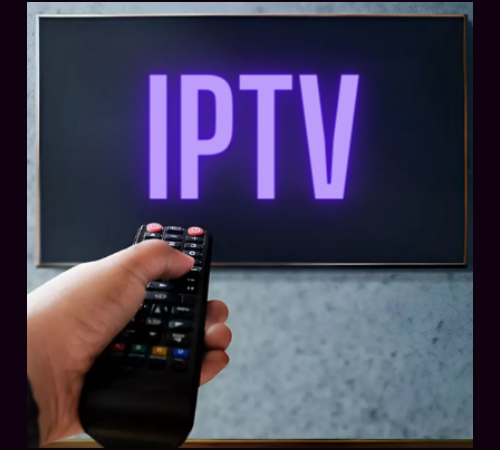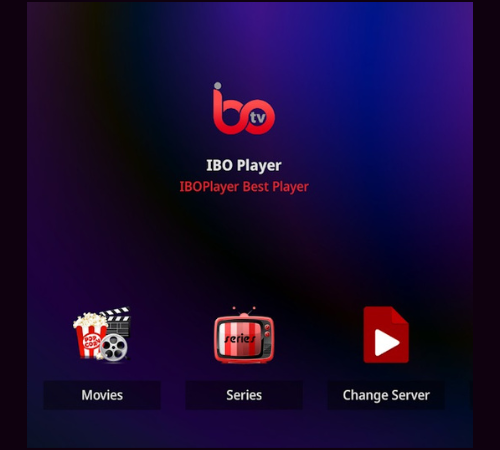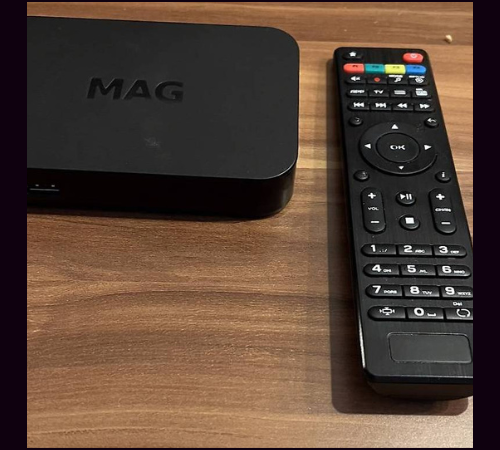
IPTV, or Internet Protocol Television, is a technology that allows the transmission of television and video content via the Internet Protocol (IP).
Unlike traditional broadcasting methods such as cable and satellite television, which transmit content via radio frequency signals, IPTV uses high speed Internet networks to deliver content to viewers.
Internet Broadcasting: IPTV enables television service providers to bypass traditional broadcasting infrastructure and deliver content directly to end users via the Internet.
Diverse Content: IPTV services typically offer a variety of content, including live TV channels, on demand TV shows, movies, sports events, etc.
Interactivity: IPTV often allows for bidirectional interaction between the user and the content being broadcast. This can include features such as Video on Demand (VOD), live streaming controls (pause, rewind, fast forward), and the ability to vote or participate in real time polls.
High Definition Image Quality: IPTV utilizes high speed networks to deliver generally high definition (HD) and sometimes ultra HD (UHD) image quality, providing viewers with an enhanced visual experience.
Multi platform Compatibility: IPTV services are accessible on a wide range of devices, including smart TVs, IPTV set top boxes, computers, smartphones, tablets, and gaming consoles.
Advanced Features: Some IPTV services offer advanced features such as recording scheduling, catch up viewing of missed episodes, playlist customization, and content recommendations based on your preferences.
Flexible Distribution Model: IPTV offers a flexible distribution model that allows users to choose the content they want to watch, often offering monthly subscriptions or pay per view options for certain premium content.
IPTV represents a major evolution in how television content is broadcast and consumed, offering users greater flexibility, interactivity, and improved image quality compared to traditional broadcasting methods.




STREAMWAVE © 2024
WhatsApp us